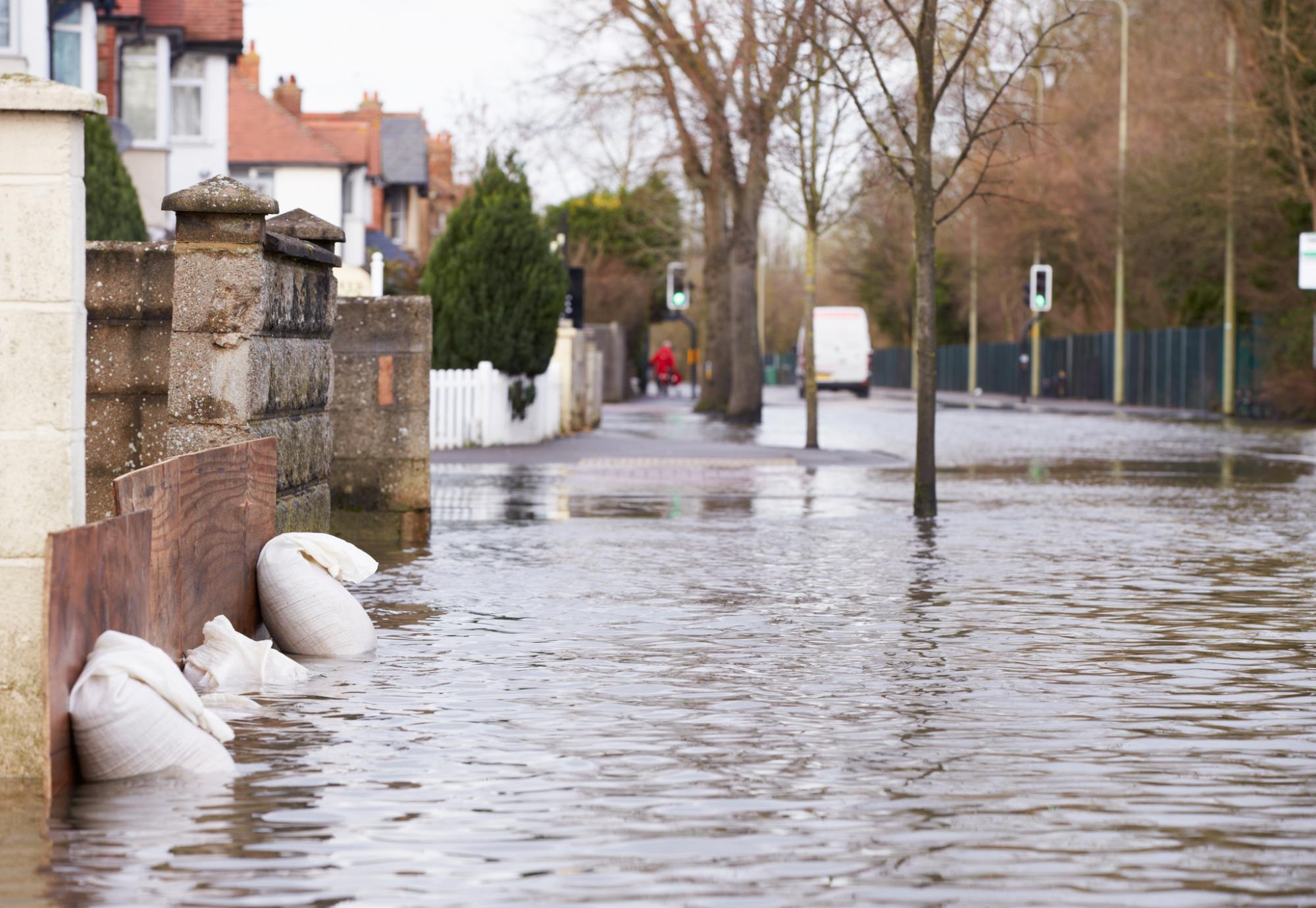The government’s legislation to transform the environment has returned to Parliament for Report Stage and Third Reading in the House of Commons.
The Environment Bill aims to clean up the country’s air, restore natural habitats and increase biodiversity.
It will also outline how the government will reduce waste, make better use of resources and improve management of water resources in a changing climate.
As well as this, it will crack down on water companies that discharge sewage into rivers and will include a legally-binding species target for 2030, which will aim to halt the decline of nature and to protect British animals, such as red squirrels and hedgehogs.
Commenting, Environment Minister, Rebecca Pow said:
“As we build back greener from the pandemic, it is vital that we address the twin challenges of climate change and biodiversity loss, and protect and improve the environment for future generations.
“The Environment Bill will ensure we deliver the most ambitious environmental programme of any country on earth, which is why it is essential that we complete its passage into law as soon as possible.”
The government has proposed a number of amendments to the Bill upon its return to Parliament.
They said they are aiming to halt the decline of nature by amending the Bill to require the government to set and meet a new legally-binding target on species abundance for 2030.
This builds on plans to boost biodiversity, protect peatlands and create new woodlands, which was recently announced by Environment Secretary, George Eustice.
The Environment Bill will also refocus the Habitats Regulations towards the government’s objective to conserve and enhance biodiversity, with a Green Paper on these reforms being published later this year.
As announced in the Queen’s Speech on 11 May, the government will also be bringing forward amendments later this year to reduce the harm from storm overflows to rivers, waterways and coastlines.
New duties will require the government to publish a plan to reduce sewage discharges from storm overflows by September 2022 and report to Parliament on the progress towards implementing the plan.
Work on implementing Environment Bill policies has continued at pace, with the government already starting work on developing legally binding environmental targets.
As well as this, they have also launched consultations on the deposit return schemes for drinks containers, extended producer responsibility for packaging and consistent recycling collections, which they say will transform the way the country deals with rubbish.
The government has also appointed Dame Glenys Stacey as Chair of the new, independent Office for Environmental Protection (OEP), which will be created to hold the government and public bodies to account for their environmental credentials.
From July, it will be set up in an interim, non-statutory form, providing independent oversight of the government’s environmental progress and accelerating the foundation of the full body.
The OEP will formally commence its statutory functions after the Bill receives royal assent.
PSE will be hosting a Public Sector Decarbonisation event on 9 September. Join us for the full day event by registering here.



















